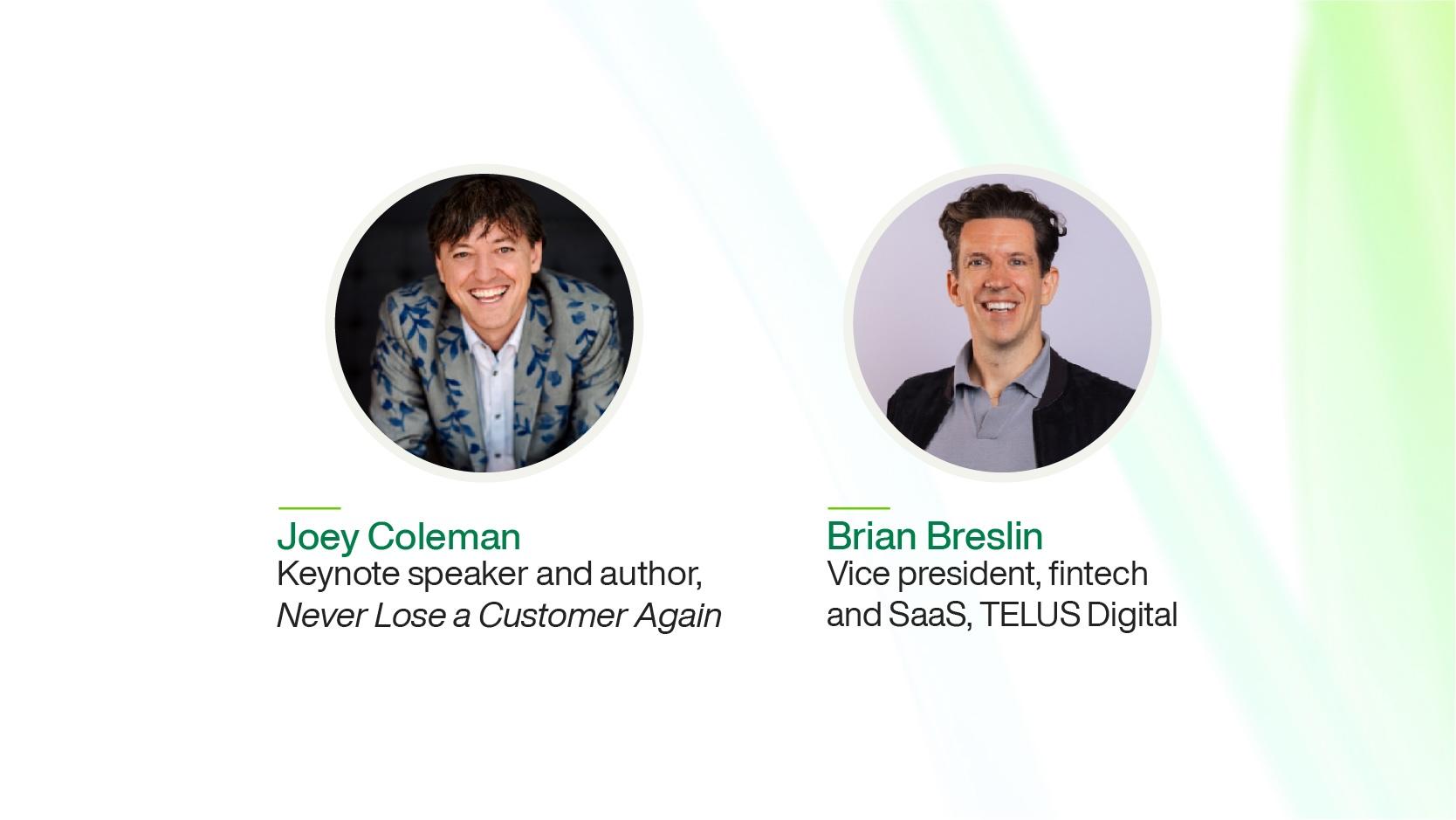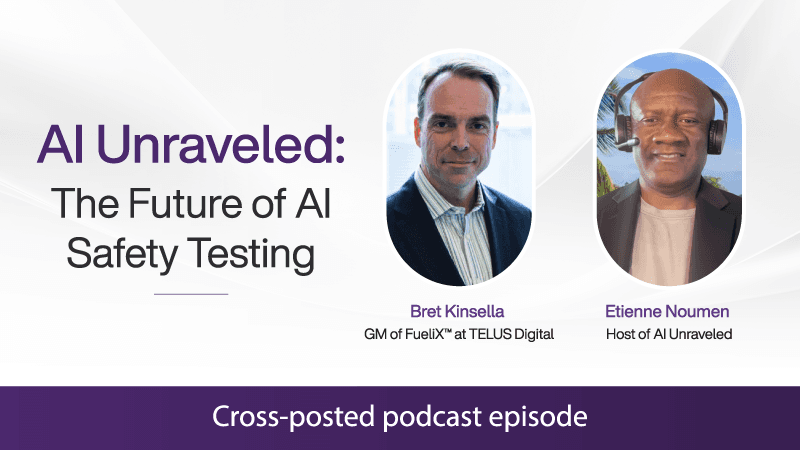How can crypto and fintech brands prevent fraud and maintain customer trust? (feat. Amanda Wick)
On this episode, we explore the threat landscape in crypto and fintech — and how companies can go beyond maintaining customer trust to turn confidence into a competitive advantage.
With the advent of fintech and crypto platforms, financial services have become more accessible, efficient and transparent for customers. However, the combination of social engineering tactics, deep fakes and AI tools has led to an increase in fraud, scams and other threats.
In a world where trust in institutions is declining — the 2025 Edelman Trust Barometer found Americans' institutional trust fell from 52% to 47% over the past decade — crypto and fintech brands must be diligent in earning and maintaining customer trust. Success takes careful consideration and a comprehensive trust and safety strategy.
Listen for the compelling perspectives of Amanda Wick, author, former U.S. federal prosecutor specializing in financial crime, founder and CEO of the Association for Women in Cryptocurrency and principal at Incite Consulting, as she shares practical strategies for protecting your customers in an increasingly complex digital financial ecosystem.
Show notes
Amanda’s book, The Catalysts: The Accelerating Forces Forging the New World Financial Order, is available for pre-order wherever books are sold.
Guests

Founder and CEO of the Association for Women in Cryptocurrency and Principal at Incite Consulting
Explore recent episodes

Suggest a guest or topic
Get in touch with the Questions for now team to pitch a worthy guest or a topic you’d like to hear more about.
Email the show


